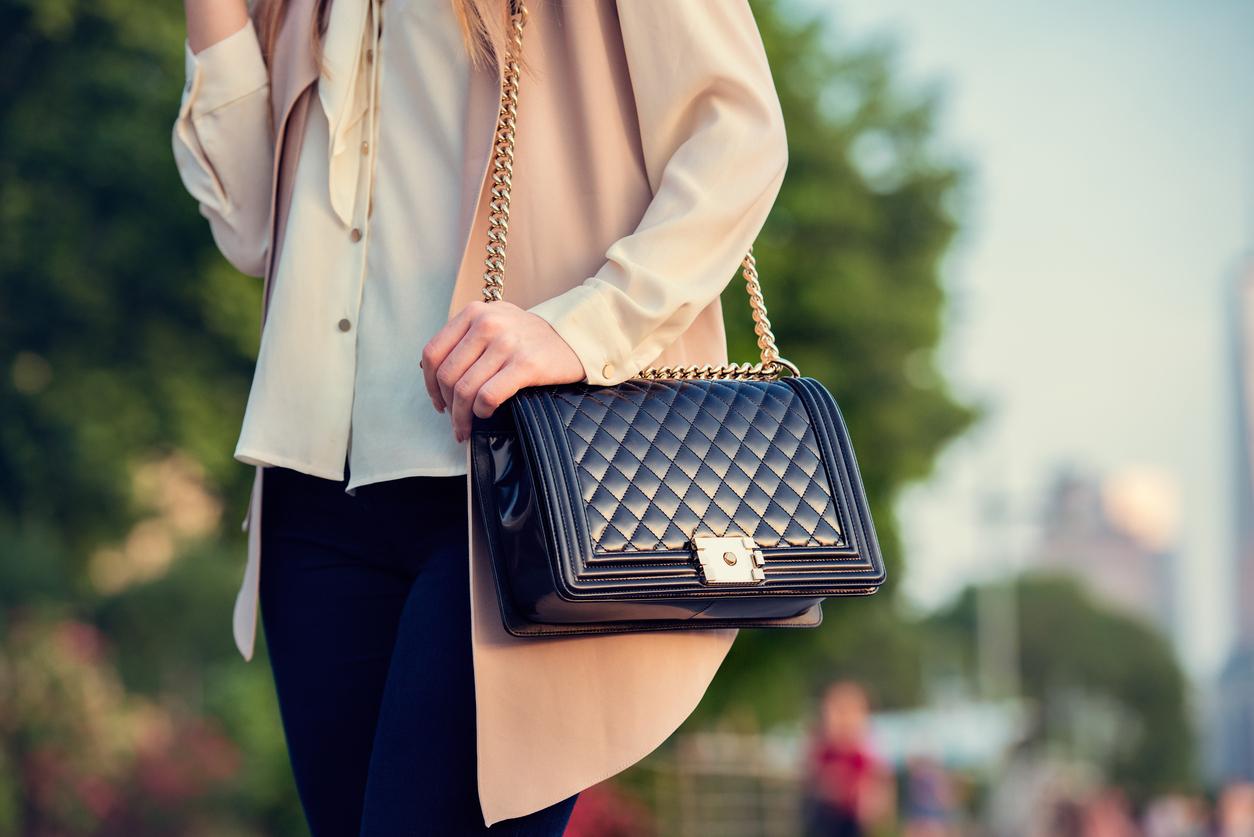Top global photo agency bans Photoshopped images of women from its libraries
Getty Images will no longer accept submissions altered to make models thinner or larger

Your support helps us to tell the story
From reproductive rights to climate change to Big Tech, The Independent is on the ground when the story is developing. Whether it's investigating the financials of Elon Musk's pro-Trump PAC or producing our latest documentary, 'The A Word', which shines a light on the American women fighting for reproductive rights, we know how important it is to parse out the facts from the messaging.
At such a critical moment in US history, we need reporters on the ground. Your donation allows us to keep sending journalists to speak to both sides of the story.
The Independent is trusted by Americans across the entire political spectrum. And unlike many other quality news outlets, we choose not to lock Americans out of our reporting and analysis with paywalls. We believe quality journalism should be available to everyone, paid for by those who can afford it.
Your support makes all the difference.Getty Images has announced it has banned photos featuring women whose body shapes have been heavily doctored.
The move, which comes in response to a new law in France requiring Photoshopped pictures of people to be labelled clearly, will come into force on 1 October.
From then on, the photo agency will not longer accept images which have been altered to make models looks substantially thinner or larger.
In an email sent to its contributors, Getty said the new rule would not apply to all modifications made to photos.
“Other changes made to models like a change of hair colour, nose shape, retouching of skin or blemishes, etc, are outside the scope of this new law and are therefore still acceptable,” a spokesperson for the company said.
“As a leader in visual communications, Getty Images upholds the responsibility to ensure accurate and authentic visual representation.
“Our perceptions of what is possible are often shaped by what we see: positive imagery can have direct impact on fighting stereotypes, creating tolerance, and empowering communities to feel represented in society.”
France’s new law, passed in 2015, stipulates that photos of models that have been digitally altered to appear thinner, larger or augmented must be clearly labelled stating the image has been retouched.
The law will come into effect on the same say at Getty’s new rule.
The fashion and beauty industries and the media is still dominated by retouched images of women, which research shows has a negative impact on body image and self-esteem.
Earlier this month, a study suggested looking at photos of slim women for 15 minutes can change our perception of the “ideal body”.
“The thin ideal is the western concept of an ideally slim or underweight female body, and its omnipresence in the mass media has a negative impact on women’s health,” study authors from the University of Neuchatel in Switzerland said.
“Media consumption is associated with a drive for thinness, body dissatisfaction, low self-esteem, and disordered eating in women of western and/or industrialised societies.”
Research has also shown women need better education into the extent of the digital manipulation of women in magazines.
A survey carried out in 2013 on behalf of retailer New Look found 15% of 18- to 24-year-olds were convinced that the images of models and celebrities in adverts, magazines and billboards depicted what these women look like in real life.
Over a third of the 2,000 women polled said they were “unconfident” to “extremely unconfident” about their bodies.
Join our commenting forum
Join thought-provoking conversations, follow other Independent readers and see their replies
Comments